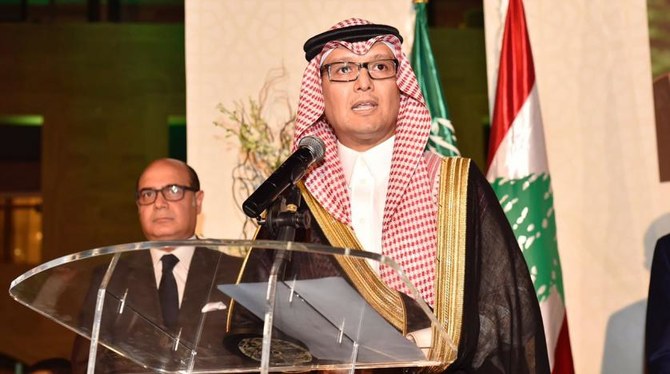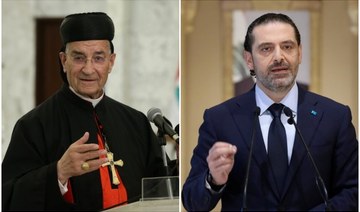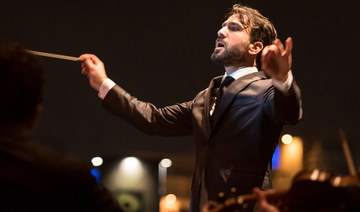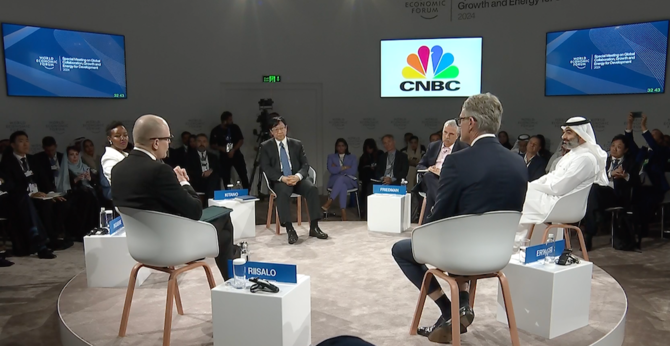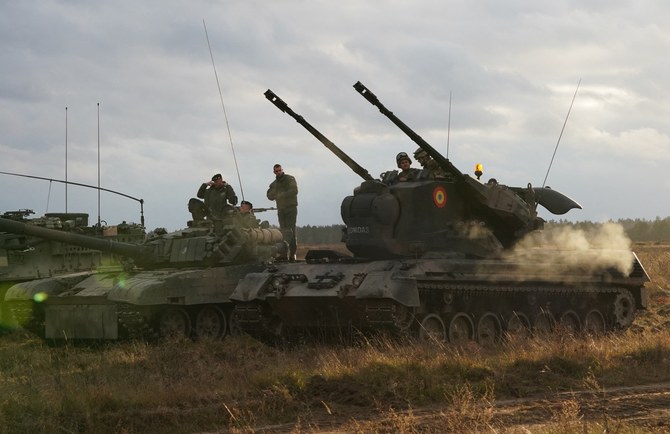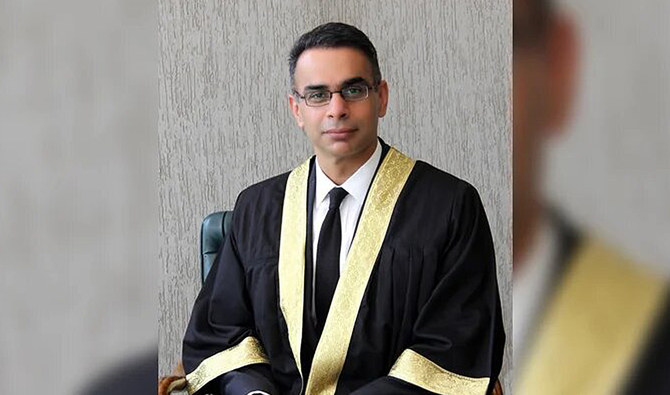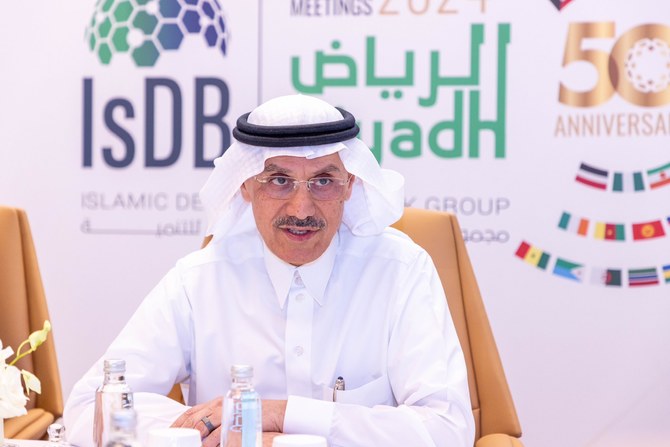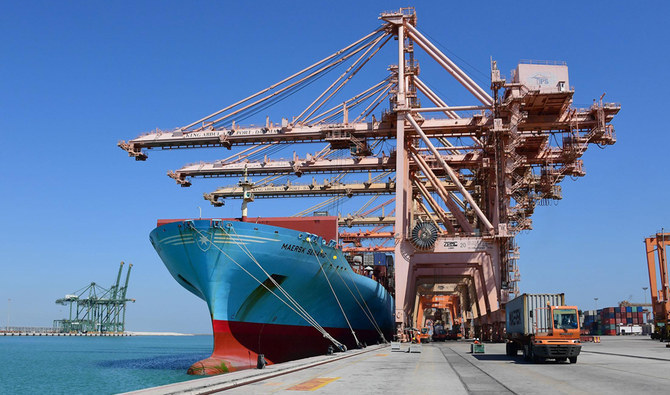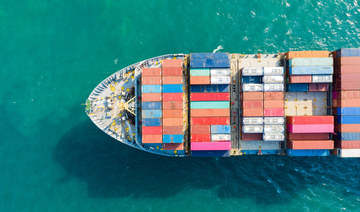DUBAI: Saudi Arabi’s ambassador to Lebanon Walid Bukhari on Thursday urged leaders to put the country’s interest ahead of their own in order to tackle the many challenges facing it.
Bukhari’s comments came after meeting with Maronite Patriarch Bechara Boutros Al-Rai in Bkirki, Lebanon’s most senior Christian cleric who has taken a leading role in attempting to safeguard the country.
He has repeatedly urged leaders to agree on a new government and previously called for a UN-sponsored international conference to help break the deadlock.
Speaking from the seat of the Maronite church, Bukhari said: “The relationship between the Kingdom and the Maronite Patriarch is a guarantee to preserve a free and independent Lebanon.”
The ambassador, who has been the envoy since December 2018, vowed that his country would not “allow Lebanon’s identity to be compromised for any reason.” Lebanon has been without a fully functioning government since the immediate aftermath of the August 2020 Beirut port explosion as officials wrangle over ministerial posts.
Prime Minister-designate Saad al-Hariri was given the task of forming a government in October, but has struggled to come to terms with President Michel Aoun, including Hezbollah, over the makeup of the cabinet.
"The Kingdom has always respected the choice of the Lebanese, their identity, their pluralism, their system, their traditions and their way of life,” Rai said.
Bukhari’s visit to Bkirki coincided with the French and US ambassadors to Lebanon’s trip to Saudi Arabia today to discuss ways to push for the government’s formation.
The French Embassy said the trip would seek to push for international pressure on those perceived to be blocking the cabinet’s formation while the US Embassy issued a statement saying the purpose is to “develop our trilateral diplomatic strategy focused on government formation.”



